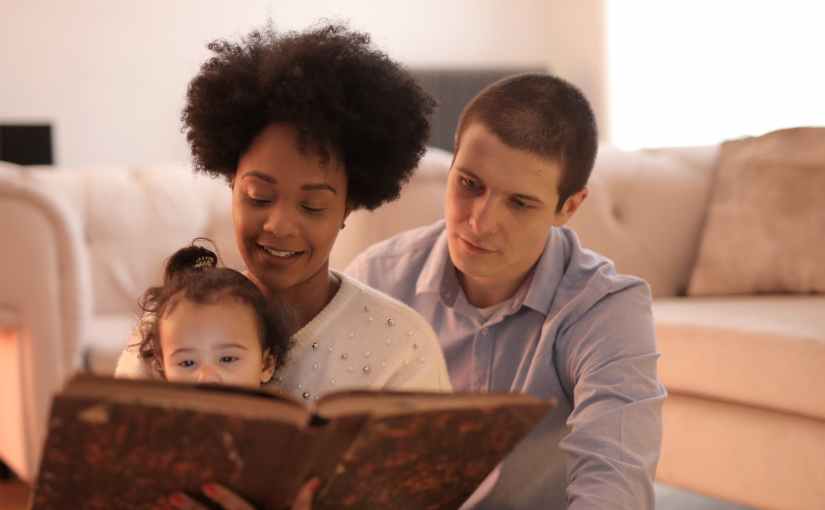*This is part 2 of my most recent blog, “VA Benefits For Family Members.”
Only certain family members are eligible for VA benefits when the veteran dies. In my previous blog I focused on DIC, or Dependency Indemnity Compensation, which is the focus of this blog also. But before we even get to that, it must first be established that the person who served in the military WAS a veteran, which is generally defined as someone who served on active duty and was discharged under other than dishonorable conditions. This information can usually be determined by looking at the veteran’s discharge document, or Form DD214. Once this is nailed down, the survivor needs to make sure he falls into one of the following categories if he wants to get DIC from the VA (if you aren’t sure what DIC is, please read my most recent blog, “VA Benefits For Family Members” and then come back here). Here is the link: https://veteranspractice.com/2020/09/24/va-benefits-for-family-members.
Spouse. The first question the VA must answer is whether the marriage was valid. To determine this the VA looks at the law of the place where the couple lived, where they lived when they married, or where they lived when the right to VA benefits arose. For example, if the couple never officially married, the VA will determine if they lived in a state where common law marriage is legal, and if so treat the marriage as valid. The couple must also have been “free to marry” each other, meaning they were not married before or if they were, the previous marriage was void or ended in divorce, death, or annulment. You might be surprised at how often people get married without ever officially ending a previous marriage. The VA will make sure this isn’t the case. Survivors who were in a same-sex marriage are eligible for DIC just like everyone else, provided all other requirements are met.
The couple must have lived together for at least one year immediately before the veteran’s death if they never had children, or for any length of time if they did have children. This “living together” requirement does not mean the couple could not have separated at times during the marriage, as long as they are no longer estranged when the veteran dies. Also, there are exceptions to the rule that the couple was living together when the veteran died, for example if they lived apart for medical or business reasons. If they were not living together when the veteran died due to marital problems, it cannot be the surviving spouse’s fault. The one-year marriage requirement does not apply at all if the marriage took place before or during the veteran’s service. It also does not apply if the couple married within 15 years of the veteran’s in-service injury that caused or aggravated her death.
Things get messy when the survivor remarries after the veteran’s death – too messy to discuss here in a way that won’t make you want to lay down and cry. Rather than try to explain all of the rules about remarriage after the veteran’s death, I encourage anyone who has questions about their specific situation to call me. I am happy to help sort it out and give you some guidance on your options and eligibility for DIC.
Dependent Parent or Surviving Parent. Natural, adoptive, and step parents may qualify for DIC, in addition to anyone who was in a parent relationship with the veteran (such as a grandparent) for at least one year before the veteran’s military service. Also, the parent must have been financially dependent on the veteran or have income below a certain level to qualify.
Child. The person must be a biological, adopted, or stepchild of the veteran to get DIC. The child cannot be married and must either be under 18 or between 18 and 23 if in school. An unmarried child over age 18 and not in school must have become permanently incapable of supporting themselves before age 18 to qualify. Grandchildren are not eligible to get DIC unless the veteran legally adopted them.
Other family members. Generally speaking, no other family members aside from the ones listed above are eligible for DIC. The purpose of DIC is to provide the veteran’s surviving dependents with a monthly cash benefit so they have some security when the veteran dies, so it normally makes sense that siblings, aunts, uncles, cousins, etc. would not qualify for this benefit.
The VA will not always take an applicant’s word for it that they are eligible for DIC. To avoid any delays and unwarranted denials, I recommend including documents with the application to show the qualifying family relationship, such as marriage or birth certificates, proof that a child is in school, etc.
The DIC rules and application process can be confusing but if you think you qualify, do not hesitate to go after these tax-free benefits. And remember, if you have any questions, please reach out!


I am a spouse of a va. Just recently learned of spousal benefits however I am 81 and he died in 2095 0r 6. Would I qualify for the benefits? He never spoke of his DD24 and I have no idea how to get any of this recordsxand cannot remember what year we were married only know where. Is there any help for me please? Thank u.
LikeLike
Hi Carol-
I am not sure if you would qualify or not without getting more information from you. Feel free to contact me directly. My phone number is 708-668-6996 and my email address is catherine@veteranspractice.com. Thank you for reaching out!
LikeLike